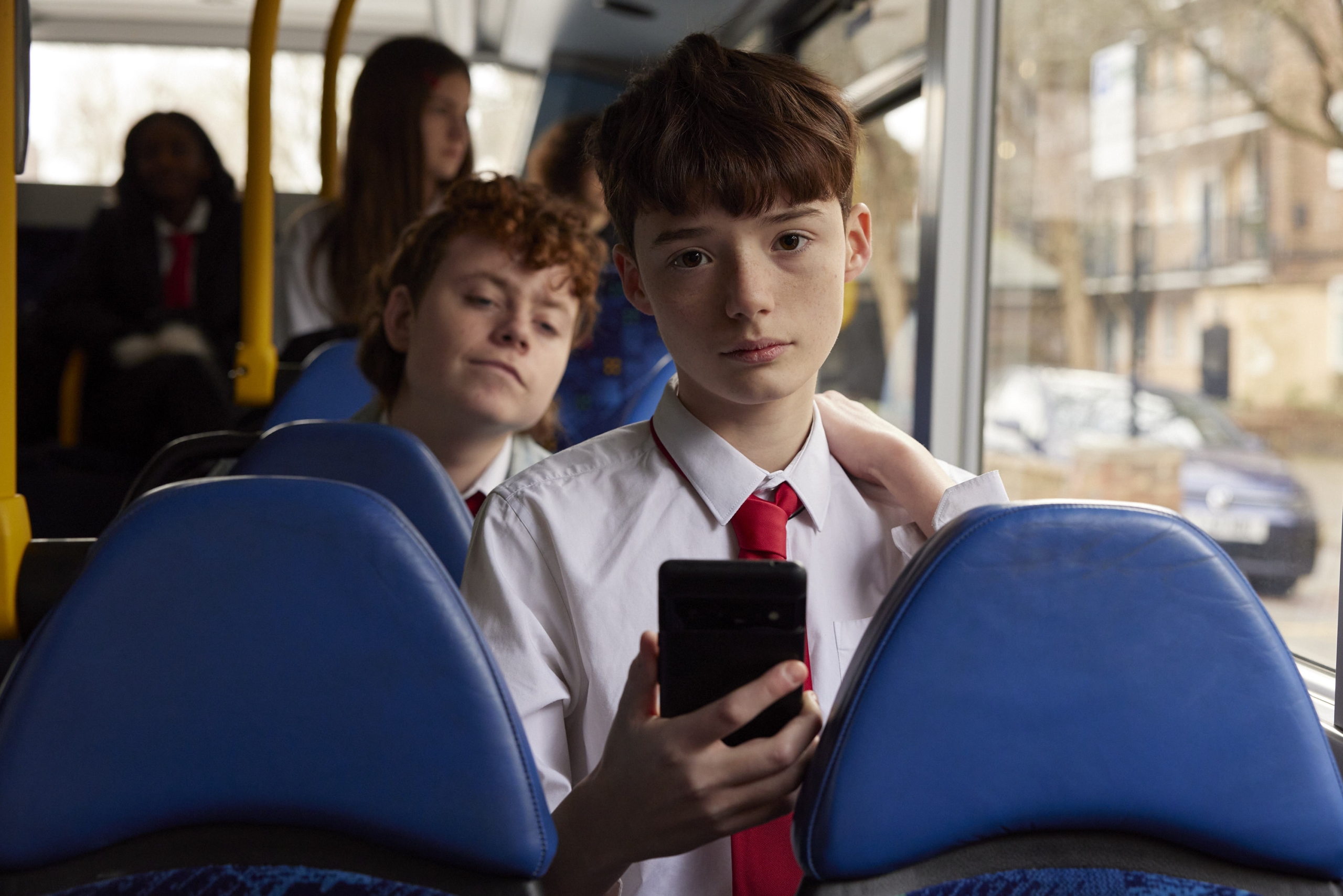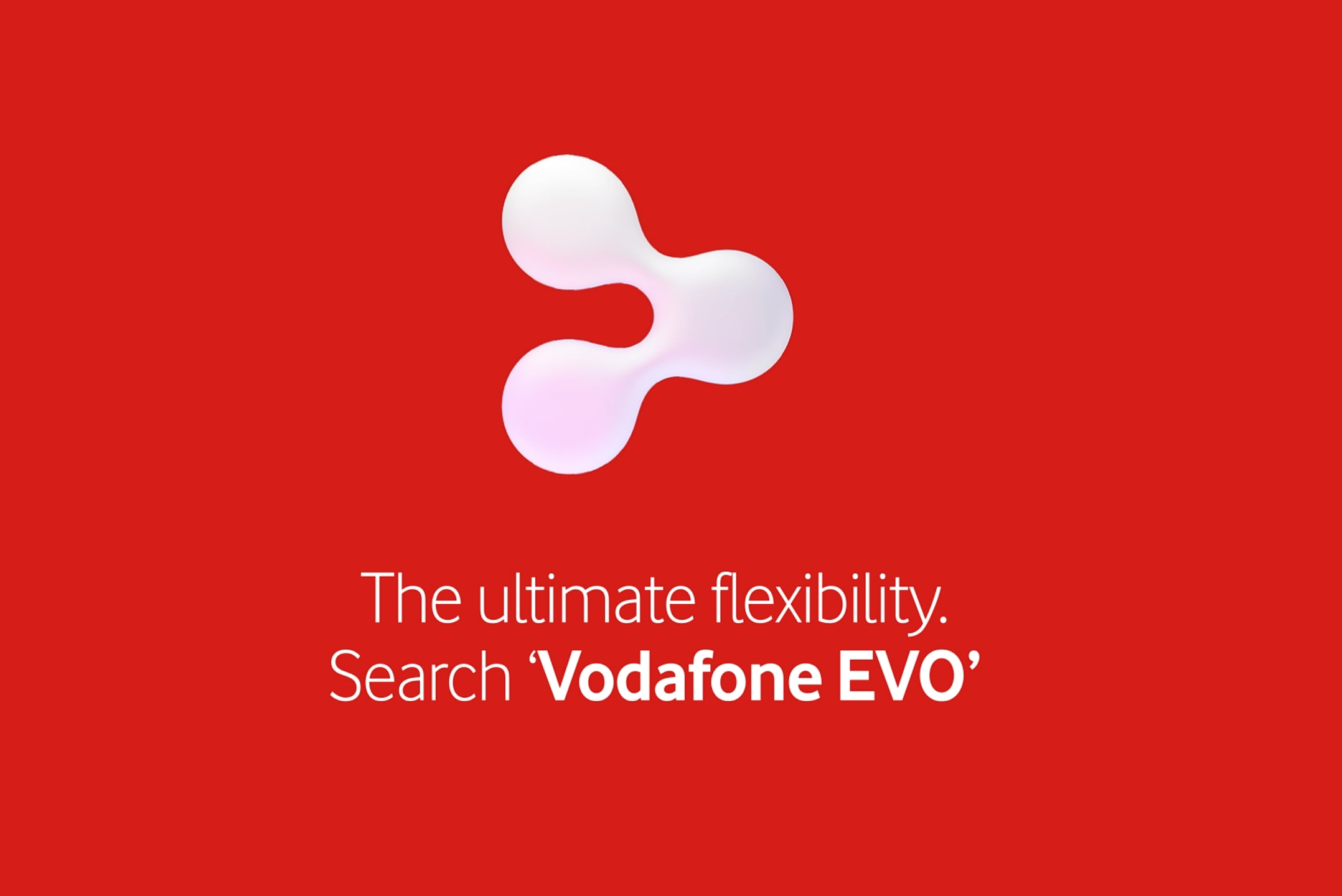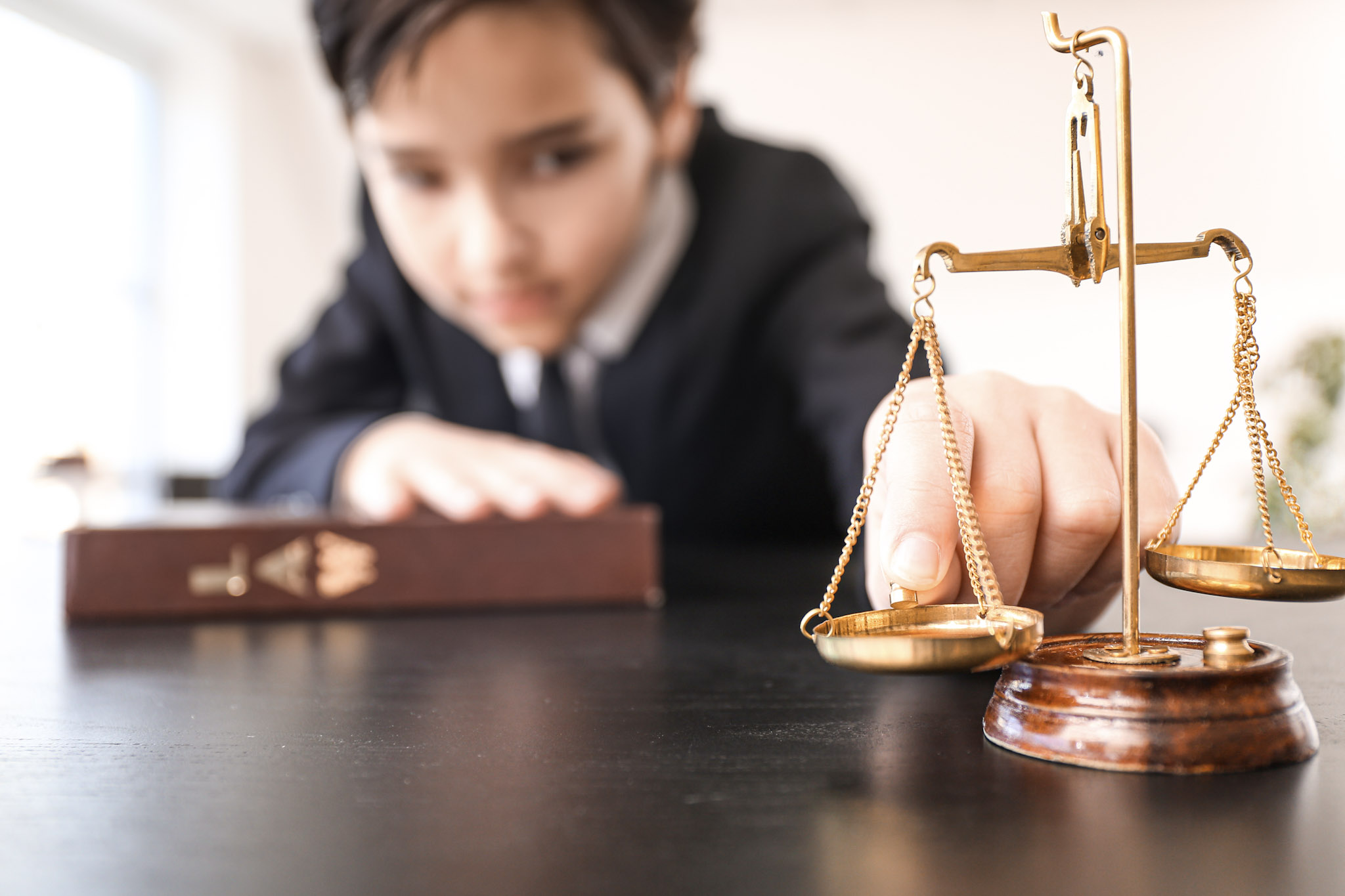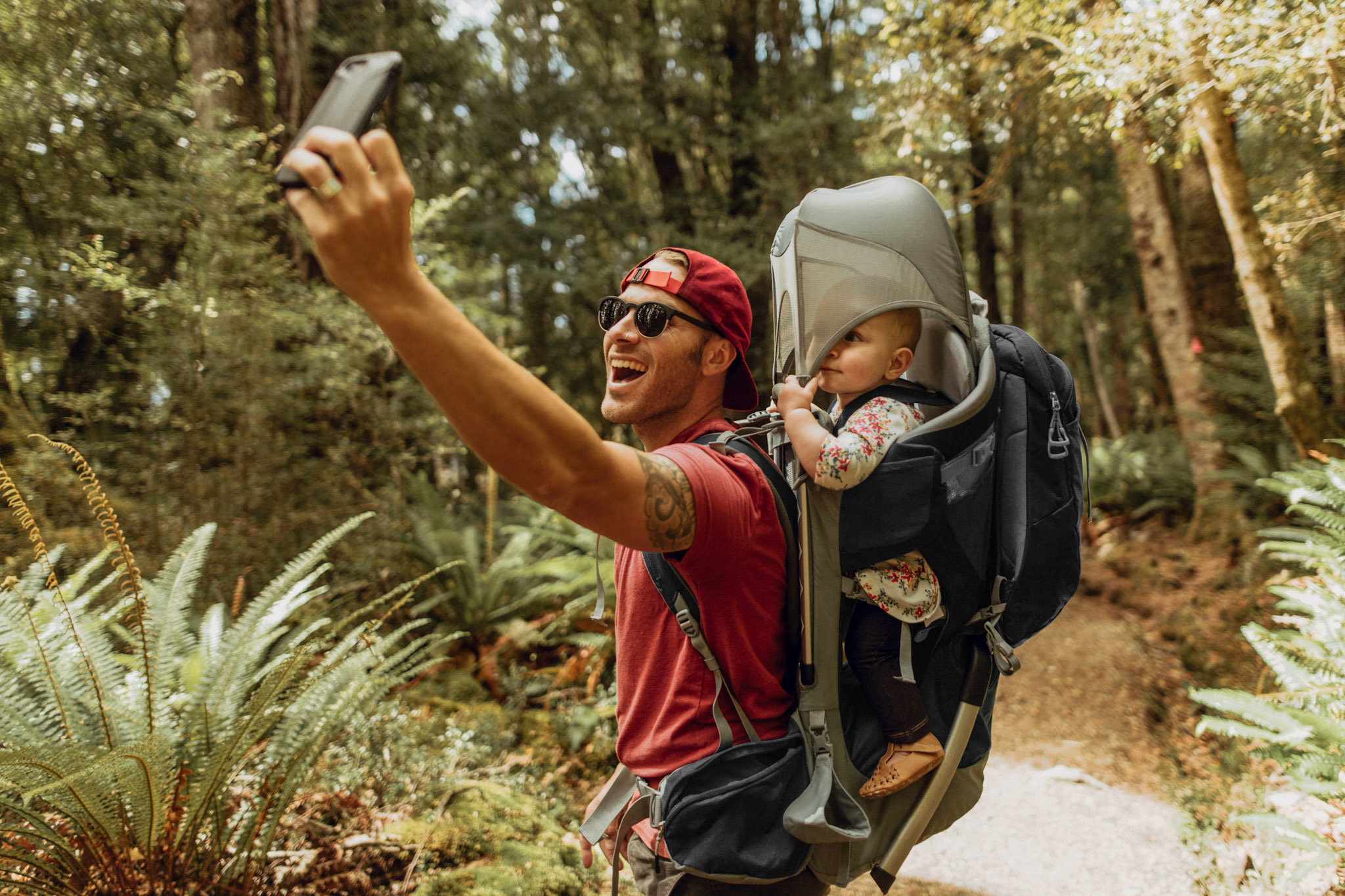
Tech never stands still and its impact on the wider world in 2023 could be significant in all sorts of unpredictable ways.
As 2022 dwindles away and 2023 dawns, here are the top tech trends to look for over the year ahead . Some may surprise you!
Deep fake detection
So-called ‘deep fakes’ use artificial intelligence (AI) to create convincingly lifelike photos and videos of people doing and saying things that they never actually did. This includes everything from dead politicians giving speeches on current events to fake footage of celebrities in compromising situations.
Teaching your kids to question what they see online, on TV and in the papers
The software needed to create deep fakes, as well as other less controversial AI-generated artworks, is well within reach of ordinary people too, sometimes costing just a few pence or pounds for each photo or video. It’s now common – and worrying – enough that the UK government is attempting to ban non-consensual deep fake pornography.
Deep fakes often have subtle tell-tale signs of manipulation though, so detection tools (ironically also based on AI) may emerge to help us spot them. If they don’t, then we’ll all have to be especially wary of the next viral video circulating in our social media and messaging apps.
Social media is dead; long live social media
Elon Musk’s acquisition of Twitter, and his often controversial management decisions since, have prompted many dedicated Twitter users to seek out new social media pastures such as Mastodon and Hive.
None of that will concern the many more non-Twitter users out there, but the events of the past few years on all social media platforms – from dangerous viral pranks and large-scale misinformation campaigns, to pile-ons and other toxic behaviour – may prompt many people to step away from their social accounts for good.
For some though, they may be more tempted to use other, ‘smaller’ platforms and sites, from Reddit to Nextdoor and Goodreads, to keep in touch with others that share their particular interests. It will be interesting to see whether this trend puts a spanner in the works of Mark Zuckerberg’s plans for his virtual 3D Metaverse.
Whichever social media sites your family uses, Vodafone’s Digital Parenting series can help parents and kids stay safe online.
Space: the final frontier
Apple’s iPhone 14 range are the first smartphones (that we know of) capable of contacting the emergency services using satellites – in certain countries at least, once the gradual rollout is complete.
Similar capabilities may find their way into Android phones as chip company MediaTek has demonstrated similar technology in a lab. Satellite connectivity in smartphones is clearly in its infancy, given the immense challenges of connecting a pocket-sized device to an orbiting platform hundreds of kilometres away up in space.
Even so, the exciting possibilities are out of this world.
Streaming boom – and bust?
We’re living in a golden age of TV and audio with seemingly endless virtual shelves of high-quality boxsets and tunes to stream whenever and wherever we want. But there might now be too many video streaming services competing for our cash and eyeballs.
In the UK alone, we can choose from Amazon Prime Video, Apple TV+, Disney+, Netflix, NowTV and Paramount+. And that’s not counting ‘terrestrial’ services like BBC iPlayer, 4OD and ITVX; numerous smaller players such as BritBox, Discovery+, Lionsgate+ and Mubi; countless influencer channels on Twitch and YouTube and, of course, ‘old fashioned’ set-top box recorders like Sky Q.
Of course, all that Hollywood-level talent has to be paid for. If the video streaming services’ inevitable price rises prompt too many people to cancel their subscriptions – even temporarily while they wait for new seasons of their favourite shows – then it could prompt some services to scale back their big-budget programming. Or perhaps prompt more cross-service partnerships, such as the co-financing deal between the BBC and Disney+ for new episodes of Doctor Who.
Vodafone UK customers on eligible Pay Monthly mobile contracts can rest a bit easier though. They can add entertainment services, such as Amazon Prime, Spotify Premium, or YouTube Premium, to their plans for a low monthly fee.
How’s it cooking?
Kitchen gadgets are nothing new, but the cost-of-living/energy crisis is focusing attention on how we cook like never before.
We’re all familiar with the trusty oven, but it can use significant amounts of energy, unlike smaller, more energy frugal alternatives such as pressure cookers, slow cookers and so-called air fryers. They won’t suit everyone, but we’d be astonished if their popularity flags anytime soon with benefits beyond energy consumption.
They’re often easier to clean, and whether they’re WiFi-connected or not, they’re usually more convenient and easier to use – especially for the differently abled.
Tech for people with disabilities
Recent years have seen a boon in tech for people with disabilities and/or chronic conditions, from Xbox controllers for people not able to use their hands fully, to apps that use a smartphone’s sensors to help visually impaired people navigate their way through the world. And, of course, there’s the endlessly customisable interface options on smartphones for the visually and aurally impaired.
It’s all a far cry from the clunky and often expensive devices previously available to people with disabilities and we’d be surprised if the pace of development slows down – especially as Long Covid continues to take its toll with around two million sufferers in the UK alone.
Vodafone has showed how 5G can help connect the differently abled to the world around them, whether it’s hearing-impaired people at music festivals or a Christmas caroller with no voice box.
Augmented reality
Augmented reality (AR) has been toted as the Next Big Thing in recent years. With AR, unlike virtual reality, computer-generated graphics are overlayed and mixed in your view of the real world.
Household names such as Google, Microsoft, Snapchat and even IKEA have all dipped their toes into the AR pond with little lasting effect, so far, on the popular consciousness.
What AR needs is a must-have capability with mass appeal. A ‘killer app’, such as spreadsheets for the very first personal computers or SMS for mobile phones.
All eyes are on Apple, whose long-rumoured AR headset might see the light of day in 2023. Can Apple solve longstanding knotty headset design issues such as weight and battery life? Will it have a ‘killer app’ appealing enough to convince us to strap these headsets onto our faces? Questions, questions…
For now, you can get a taste of AR with Vodafone’s festive Elf and Seek game.
Stay up-to-date with the latest news and features from Vodafone by following us on Twitter and signing up for News Centre website notifications.

![mother with daughter with smartphone in snowy weather [Adobe Stock] stock photo of a mother outside in snowy weather with her daughter while using a smartphone](https://www.vodafone.co.uk/newscentre/app/uploads/2024/02/mother-with-daughter-with-smartphone-in-snowy-weather-Adobe-Stock.jpg)


![1-Happy teenage girl in headphonesm playing games[Adobe Stock] stock image of a teenage girl playing games on a PC while another teenage girl in the background plays games on a smartphone](https://www.vodafone.co.uk/newscentre/app/uploads/2023/12/1-Happy-teenage-girl-in-headphonesm-playing-gamesAdobe-Stock.jpg)




